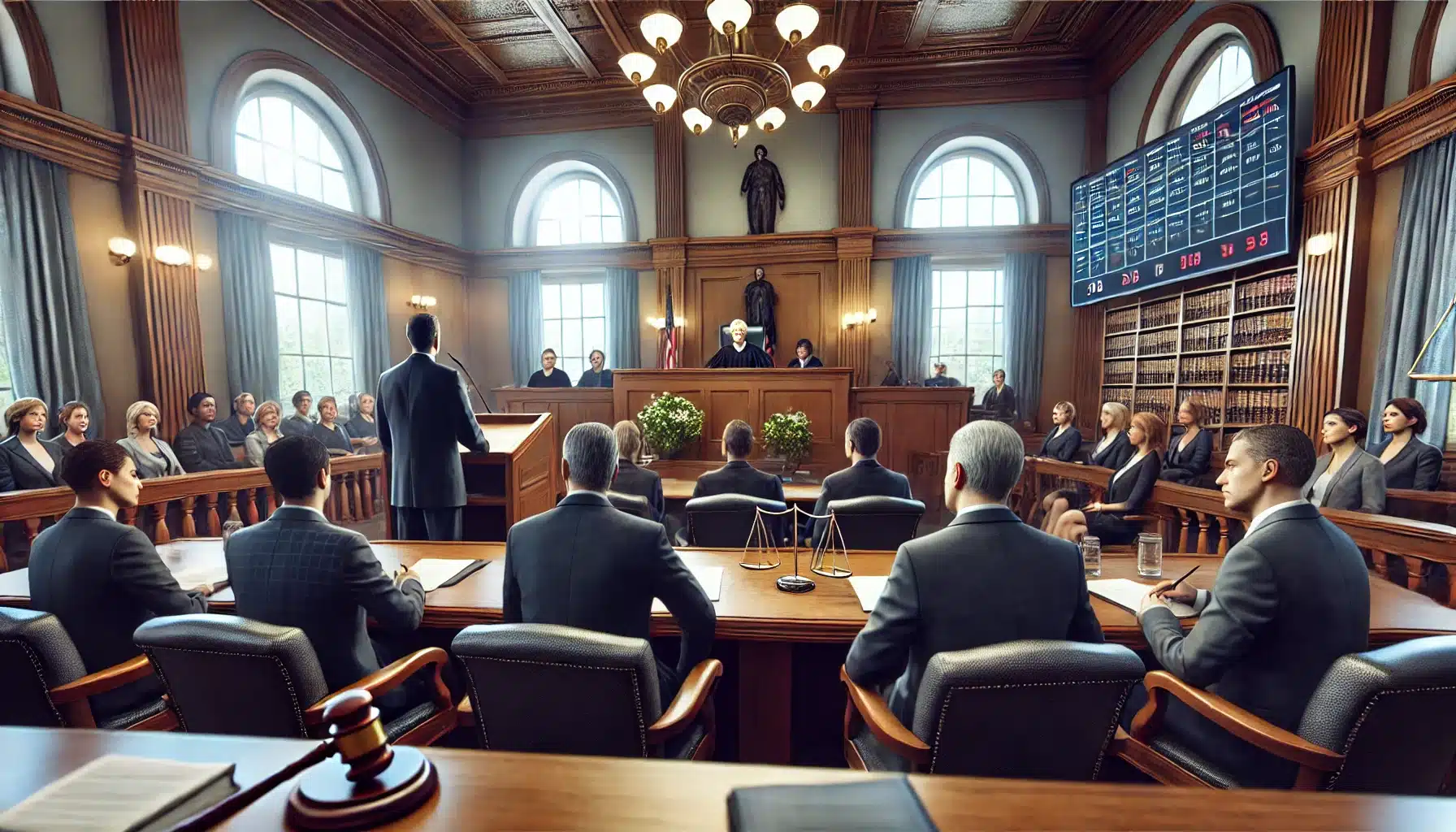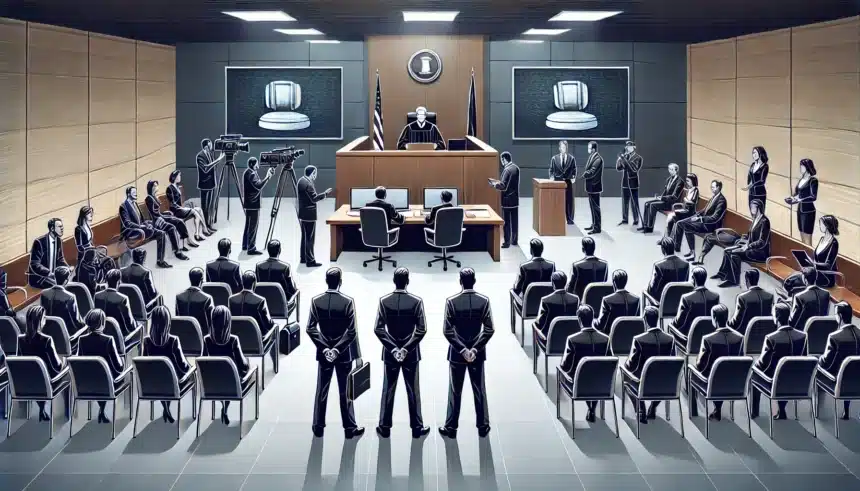Elon Musk’s X, previously known as Twitter, has taken legal action against a group of major corporations and a trade association, accusing them of participating in an unlawful boycott. The companies named in the Elon Musk X lawsuit include food giants Unilever and Mars, private healthcare provider CVS Health, and renewable energy firm Orsted. The World Federation of Advertisers (WFA) is also part of the lawsuit. Filed in a Texas court, the claim alleges that these entities have collectively deprived X of “billions of dollars” in advertising revenue.

Background of the Elon Musk X Lawsuit
The Elon Musk X lawsuit is rooted in events that unfolded after Elon Musk acquired the platform, then known as Twitter, in 2022. Following the acquisition, X experienced a significant decline in advertising revenue, which fell by more than half in the subsequent year. This drop in revenue has been attributed to several factors, including concerns over the platform’s approach to managing harmful online content.
Some advertisers had expressed hesitations about continuing their ad spend on X, worried that Musk’s leadership might not sufficiently address issues related to harmful content. This caution, combined with a general industry trend towards more stringent safety standards, has been a central issue in the Elon Musk X lawsuit.
Legal Experts Weigh In on the X Lawsuit
Legal experts are casting doubt on the potential success of the Elon Musk X lawsuit. They argue that proving collusion or a coordinated effort to boycott X will be challenging. Bill Baer, former assistant attorney general for the Department of Justice’s antitrust division, noted that politically motivated boycotts are generally considered protected speech under the First Amendment.
Christine Bartholomew, an antitrust expert and professor at the University at Buffalo’s law school, highlighted the difficulty X will face in demonstrating a concrete agreement among the accused companies. According to Bartholomew, X must prove that each advertiser actively participated in a coordinated boycott, a task that could prove to be a significant hurdle.
Even if the case were to succeed, X would face additional challenges. The court cannot compel companies to buy advertising space on the platform, and the social media giant is seeking unspecified damages as well as a court order to prevent further efforts to withhold advertising spending.

The Allegations and Industry Reaction
In the lawsuit, X alleges that the accused firms have withheld advertising spending based on safety standards set by a WFA initiative known as the Global Alliance for Responsible Media (GARM). GARM aims to address illegal or harmful content on digital platforms and ensure that advertising does not support such content. X claims that by adhering to these standards, the companies acted against their economic self-interest and conspired against the platform.
Professor Rebecca Haw Allensworth of Vanderbilt University pointed out that the boycott seems to be more about making a statement regarding X’s policies and the brands involved. She emphasized that such actions are protected under the First Amendment, further complicating the legal landscape of the Elon Musk X lawsuit.

The Broader Implications of the X Lawsuit
The Elon Musk X lawsuit is not an isolated case. It reflects a broader debate about content management on social media platforms and the role of advertisers in shaping the digital media landscape. For instance, Rumble, a video-sharing platform popular among right-wing influencers, has filed a similar lawsuit against the WFA, alleging unfair practices.
The outcome of the Elon Musk X lawsuit could set important precedents for how digital platforms manage advertising relationships and address accusations of coordinated boycotts. As the case progresses, it will be crucial to watch how the legal arguments unfold and whether they will influence broader industry practices.
In the meantime, X continues to grapple with the fallout from its recent legal actions and the ongoing challenges in the digital advertising market. The case against Unilever, Mars, and others highlights the complex interplay between corporate strategies, legal frameworks, and the evolving landscape of online content management. Stay tuned for more updates on this evolving story on The Bit Journal





























